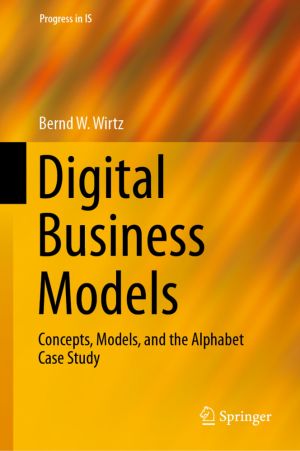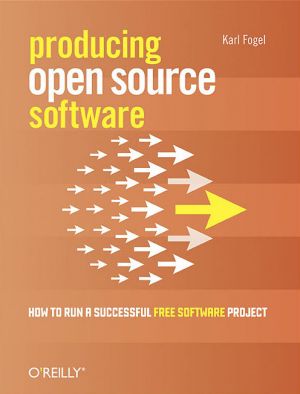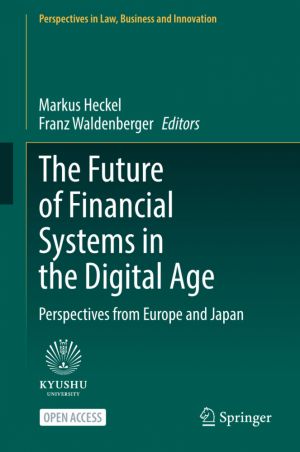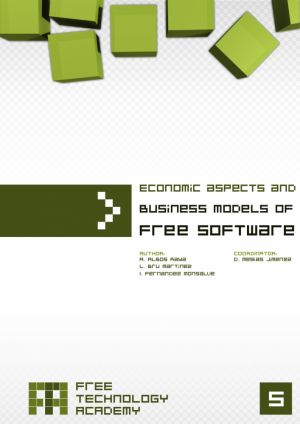Economic Aspects and Business Models of Free Software
by Amadeu Albós Raya, Lluís Bru Martínez, Irene Fernández Monsalve
DescriptionDetailsHashtagsReport an issue
This book is not based on any particular distribution, but we need to specify certain actions for most of the examples and activities, for which we will use Debian GNU/Linux. Although this distribution is not as intuitive and user-friendly as others, it will serve to explain all the characteristics of a GNU/Linux-based operating system, step by step. Moreover, its remarkable quality, stability and security make it one of the most valid options available today. We should also mention the support available for other distributions, which is essential for many companies. We have therefore included an appendix explaining the installation process and main features of RedHat Linux. 





Book Description
This module is focused on the study of Free Software in relation with the private sector and the economic implications of its use and development models. We analyse the software industry from an economic perspective: how it was affected by the raise of free software and what is its potential for the future. On the other hand, we study how to use Free Software in the private sector, from a software development perspective but also regarding deployment and migration.This book is not based on any particular distribution, but we need to specify certain actions for most of the examples and activities, for which we will use Debian GNU/Linux. Although this distribution is not as intuitive and user-friendly as others, it will serve to explain all the characteristics of a GNU/Linux-based operating system, step by step. Moreover, its remarkable quality, stability and security make it one of the most valid options available today. We should also mention the support available for other distributions, which is essential for many companies. We have therefore included an appendix explaining the installation process and main features of RedHat Linux.
This open book is licensed under a GNU Free Documentation License (GNU FDL). You can download Economic Aspects and Business Models of Free Software ebook for free in PDF format (3.1 MB).
Book Details
Title
Economic Aspects and Business Models of Free Software
Subject
Economics and Finance
Publisher
Free Technology Academy
Published
2010
Pages
221
Edition
1
Language
English
ISBN13 Digital
9788469186947
ISBN10 Digital
8469186949
PDF Size
3.1 MB
License
GNU FDL
Related Books

How do social networking services earn money?What is the "second hand of the market" and how does it operate? Why does society need so many different kinds of goods? What does happiness economics not reveal about happiness?What is the link between talent, success and "stardom"? What is the business development model for the ent...

The spread of the Internet into all areas of business activities has put a particular focus on business models. The digitalization of business processes is the driver of changes in company strategies and management practices alike. This textbook provides a structured and conceptual approach, allowing students and other readers to understand the com...

This open book is among the first cross-disciplinary works about Manufacturing 4.0. It includes chapters about the technical, the economic, and the social aspects of this important phenomenon. Together the material presented allows the reader to develop a holistic picture of where the manufacturing industry and the parts of the society that depend ...

This book presents methods to evaluate sustainable development using economic tools. The focus on sustainable development takes the reader beyond economic growth to encompass inclusion, environmental stewardship and good governance. Sustainable Development Goals (SDGs) provide a framework for outcomes. In illustrating the SDGs, the book employs thr...

The corporate market is now embracing free, "open source" software like never before, as evidenced by the recent success of the technologies underlying LAMP (Linux, Apache, MySQL, and PHP). Each is the result of a publicly collaborative process among numerous developers who volunteer their time and energy to create better software.
The...

The increasing capacity of digital networks and computing power, together with the resulting connectivity and availability of "big data", are impacting financial systems worldwide with rapidly advancing deep-learning algorithms and distributed ledger technologies. They transform the structure and performance of financial markets, the serv...

